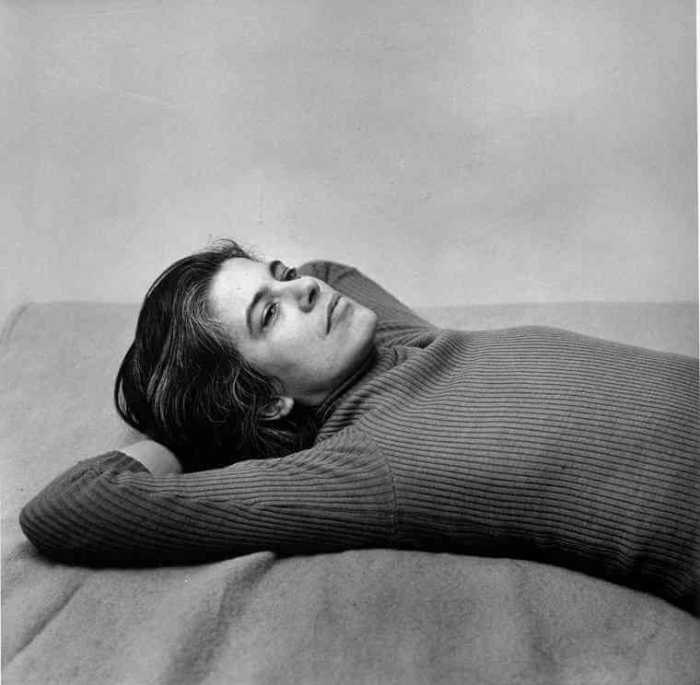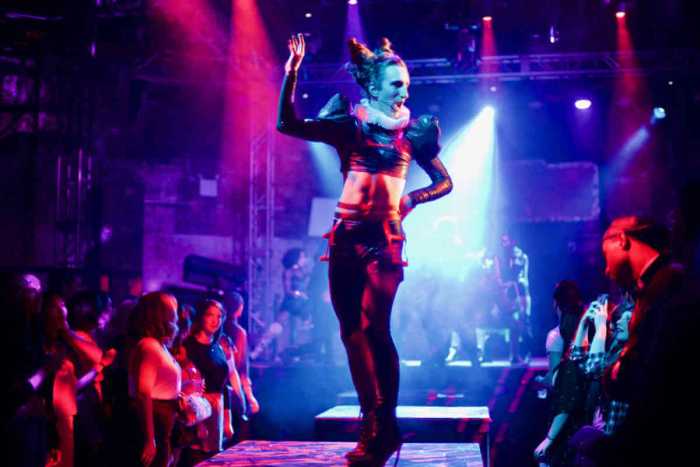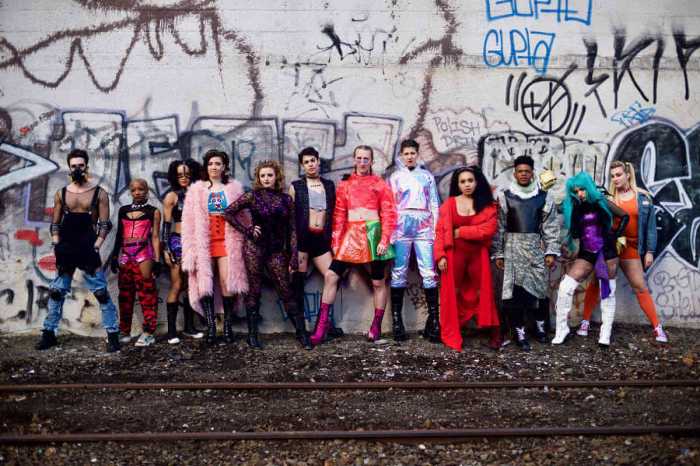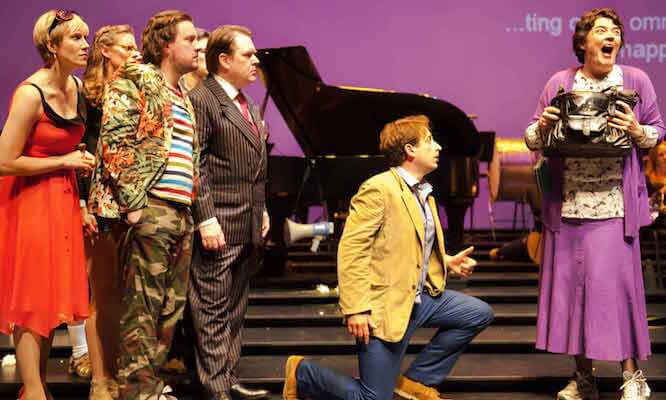Michael Halling plays the title role in Ensemble for the Romantic Century’s production of “The Trial of Oscar Wilde.” | ENSEMBLE FOR THE ROMANTIC CENTURY
BY RYAN HOWE | Before landing the lead role in “The Trial of Oscar Wilde,” Michael Halling didn’t know much about Wilde’s story or about his prosecution for “gross indecency” — that is, homosexual conduct. Halling had just begun reading Wilde’s plays when a friend suggested he audition for the role in the Ensemble for the Romantic Century’s retelling of this iconic story through a blend of drama and music.
“I had barely started reading ‘Lady Windermere’s Fan’ before I had the audition,” Halling said. “After I landed the role, I really dug into researching him and his trials. I had to become this person.”
The upcoming show, June 19-21 at Symphony Space, is a reworked version of a production first presented in 2009. The script, by James Melo, was compiled from Wilde’s writings and letters as well as transcripts from his three trials. But becoming Wilde is only one of Halling’s challenges. The ERC’s novel mixture of a staged theater production alongside a full length concert gives Halling an experience — and challenge — like he’s never had before.
Ensemble for the Romantic Century presents Oscar Wilde’s story, retold from two complementary artistic vantage points
This is the second ERC show this season in a series focusing on the struggle of gay artists. The first explored Tchaikovsky’s life, and was created in response to the crackdown on LGBT people in Russia during the past several years. The ERC considered “The Trial of Oscar Wilde” a good follow-up and pulled the 2009 production from its archives.
The performance weaves together chamber music from French and English composers, including Chausson, Satie, and Fauré, into a story line focusing on Wilde’s trials, subsequent imprisonment, his exile, and death.
“This is a very unusual, exciting, and multilayered theatrical experience,” Halling said. “The relationship between the music and the script is a really neat way to show this story and keep it in historical context.”
Keeping the relationship between the music and the play working in tandem so the audience gets the full experience of both is the challenge Melo, a musicologist as well as a writer, faced as he pieced together the show.
When Melo first created the show for ERC’s 2009 series, he was aware of the need to mine Wilde’s original works to put together his own storyline, while staying true to the historical context of a prosecution for gross indecency that ruined an artistic giant’s life.
The process took time. Time to sift through Wilde’s large collection of published works and letters and to review transcripts from his trials. Time to find orchestra music from the era that Melo felt contributed to the story and that he also believed Wilde would enjoy.
“It was a long process of finding material that fit with the storyline I wanted to portray,” Melo said. “Then I chose both French and English composers, because I feel like even though Wilde was English, he would have related to the French a little more.”
For this season’s resurrection of the show, Melo went back through the script and made small tweaks to more closely match this season’s theme. One of the main changes came in the ending, where Melo added an extra scene leading up to Wilde’s death.
“It was a huge success when it premiered in 2009,” Melo said. “I think the audience will be captivated by the music and the script. It’s a timeless story, and for audiences to get a glimpse into the life of [Wilde’s] wit and harrowing story is spectacular.”
Although Melo’s job is mostly done, director Don Sanders’ work has just begun. He has been with the ERC since 2005. In that time, he has fine-tuned his approach to works of this type. Still, he worries about the relative proportions of time given to the musicians and to the actors.
“The Trials of Oscar Wilde” is barely over two hours, including an intermission. To fit a full play as well as a concert into that amount of time could be a struggle, but Sanders said he finds ways to keep the parameters of each in tune with the other. The actors are always on stage, moving and acting as the orchestra plays their pieces, and the orchestra provides background music for some of the scenes.
“It’s a beautiful, unique piece that we are presenting,” Sanders said. “I hope that Oscar Wilde would watch this and say, ‘This is great.’”
THE TRIAL OF OSCAR WILDE | Ensemble for the Romantic Century | Peter Norton Symphony Space | 2537 Broadway at 95th St. | Jun. 19-20 at 8 p.m.; Jun. 21 at 2 & 8 p.m. | $46, $16 for students | symphonyspace.org




































